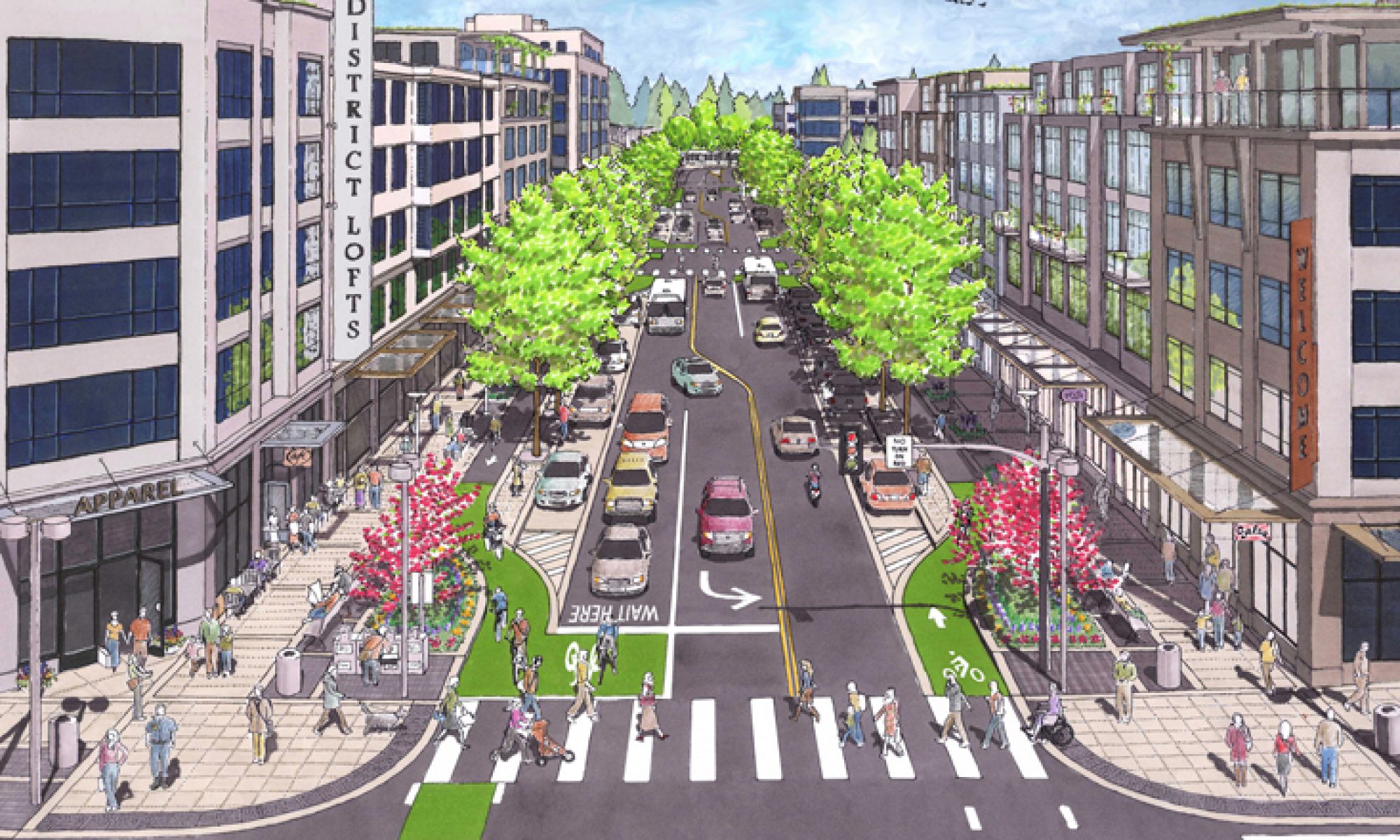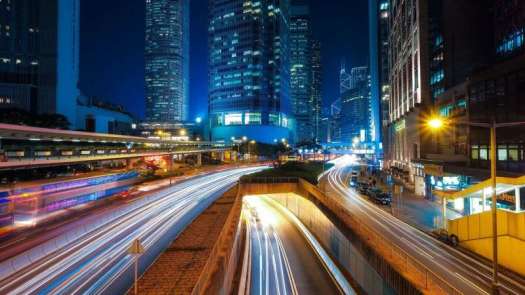The auto industry has co-opted our brains with snazzy advertising, unrealistic settings where drivers own the road, selling us cars with the idea that our very identity is tied to the vehicle we drive. In this car-dominated culture people defend their entitlement to drive even when the lives of vulnerable road users are at stake. Car production now outpaces population growth globally, spewing pollution, and destroying the environment and human health in general.
City streets are car sewers, but residents of cities are incensed about lack of parking, and whether bicycle riders should be permitted on sidewalks, boardwalks, or the street itself. The small amount of space allowed for bikes (and other micro-mobility) has become the most hotly contested parts of urban infrastructure. One of the greatest successes in automotive brainwashing influence has been the antagonistic relationship of people walking against people riding bikes and scooters, taking the focus off the responsibility of drivers causing over 40 thousand deaths a year in the US alone.
We believe that in American cities, especially small cities like Asbury Park we can gradually reduce and eventually eliminate the need for personal vehicles by supporting alternative transportation options like micro-mobility (scooters, bikes, skateboards etc), and transit in the form of jitneys, pedicabs, and busses.
While we continue to build more infrastructure for people to get around without cars, we need to create more live-able spaces for people to safely gather, to play, to do business, and to move about the city.
#toomanycars #walkablecity #bikeablecity #placesforpeople
CITIES ‘MUST BECOME CAR-FREE TO SURVIVE’
The researchers said future city planning must include a focus on reducing dependence on cars, promoting fewer and shorter trips and encouraging walking and cycling as primary modes of local transport. Public transport should be encouraged for longer journeys, the researchers argued, and cars should only be used for emergencies or special occasions.
Lead author Dr. Rafael Prieto Curiel commented: “The city of the future, with millions of people, cannot be constructed around cars and their expensive infrastructure. In a few decades, we will have cities with 40 or 50 million inhabitants, and these could resemble car parks with 40 or 50 million cars. The idea that we need cars comes from a very pollutant industry and very expensive marketing.”









